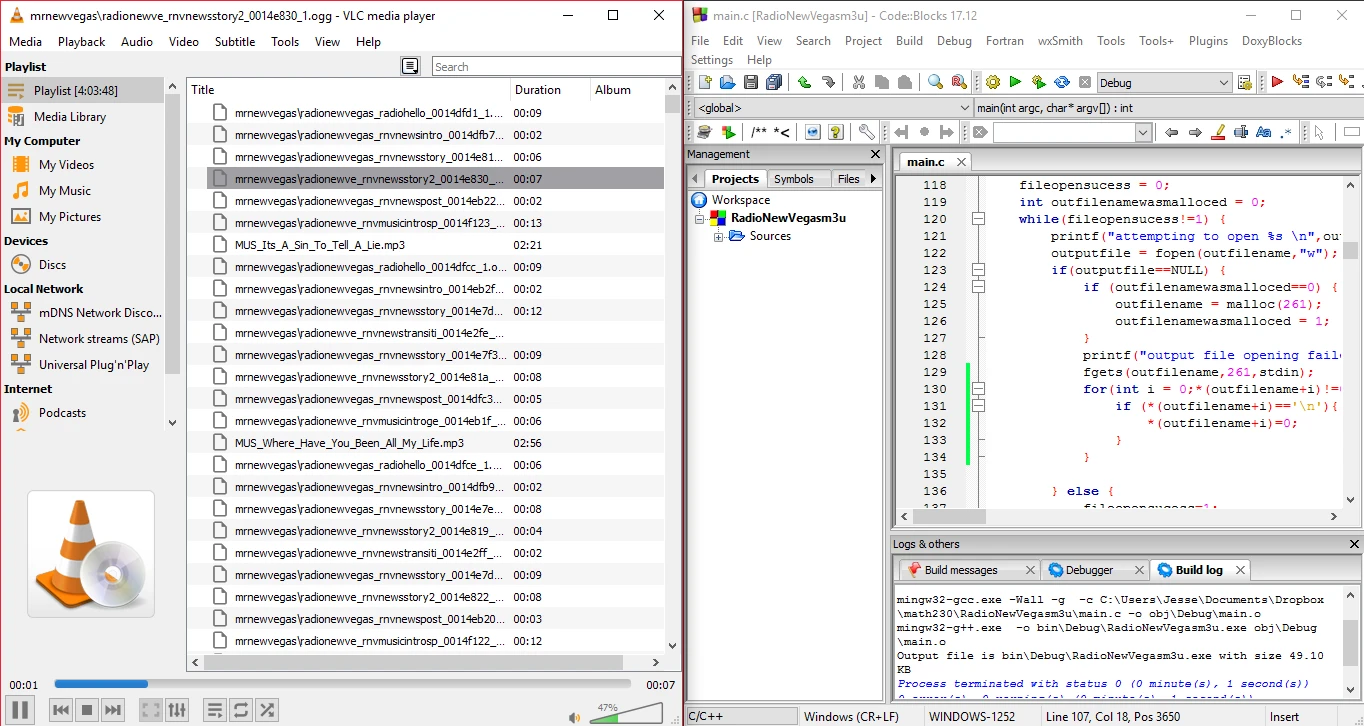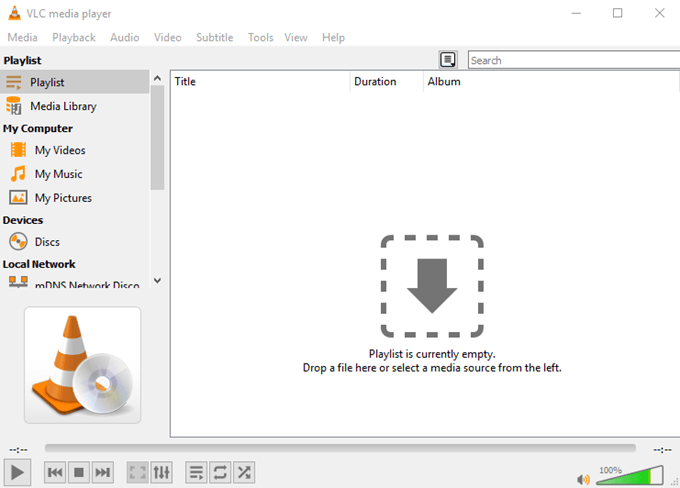I couldn’t find a satisfactory command line method to create extended .m3u playlists in Debian. The best is a perl script extm3u.pl which you can find at http://www.splitbrain.org/projects/extm3u. It’s really good and very quick but only supports mp3, ogg and flac files. I modified it to also support mp4/m4a and submitted a patch but the author wasn’t interested enough to respond. In any case I want a tool that will support numerous audio formats so I wrote a bash script which uses normal GNU utilities such as awk and bc along with ffprobe (part of ffmpeg) and consequently can write an extended .m3u for any files that (your installed version of) ffmpeg supports. The script can be found at http://pastebin.com/wPXZuPrU
20 March 2013: New version at http://pastebin.com/dfifNv3z supports opus codec files and has a fix for problem with wrong track duration (introduced by recent changes in ffmpeg/ffprobe)
21 April 2014: New version at same link as above, now works with locales which use , for decimal divider. Thanks to Tina Keil.
- M3uEdit is an m3u playlist creator/editor. You can drag-n-drop ANY type of files from Windows Explorer and they will be added to the end of the playlist. Programs for query ″m3u editor″ Tag and M3U.
- Playlist Creator M3U, XSPF, WPL, PLS, AxBox. Convert xml playlist to m3u file format. Online Playlist Creator M3U, XSPF, WPL, PLS, AxBox IPTV Online Playlist Creator. The names of channels without channel names Your text (all channels and url-address with the new line!): example.
22 December 2015: updated version at same link http://pastebin.com/dfifNv3z to support relative paths, thanks to Dave.
9 January 2016 removed problematic relative paths function.
I’ll just post the usage/options here so you can see what it does (it isn’t complicated):
M3u Playlist Generator

USAGE:
bashplaylist [options] {-o out} <directory>
Extended M3u Playlist Creator App
OPTIONS:
-p writes the file names in .m3u with full path
(default is simple file name without path)
-r recurses through subdirectories and writes file names with
full path

This is a Linux Bash Script that will automatically extract hidden m3u8 url from Live TV server. Free IPTV M3U Playlist 2020 Hourly Update with 76 Channels (Bangladesh, India, and International).
-o <output directory> (default is target directory)
Extended M3u Playlist Creator Download
17 Responses to “Automatically create extm3u (extended.m3u) playlist in GNU/Linux” Nick B. Says: August 13, 2013 at 6:52 pm Reply. Just what I was looking for. I used a Debian package named ‘libapache2-mod-musicindex’ to create the extended playlists, but the package is held up at the moment and I needed something to automate. M3U playlists are great for keeping track of your favorite tracks and albums. They can be created and then added to music server programs such as iTunes, eLyric and JRiver. Here's step-by-step instructions how to create a playlist in Media Monkey, a free to use Windows program. New MediaMonkey Installation If you haven't already done so, get Media Monkey from www.Mediamonkey.com and install it.
bashplaylist finds the audio files in the directory, parses
the metadata, then writes an extended .m3u playlist

bashplaylist understands the same files as your
installed version of ffmpeg.
If bashplaylist fails please check output directory exists
and is writeable.
#june 07 2012 edited script to remove unwanted / in regex which prevented ogg files from being parsed
Extended M3u Playlist Creator Software
You can create a M3U playlist for use with a music player based on the list of files shown in EasyTAG:
Create M3u Playlist Online
Select the files that you wish to be in the playlist from the list of files.
Select Miscellaneous ▸ Generate Playlist….
Select Use mask and enter a mask, using format specifiers, or select Use directory name to name the playlist after the directory which is selected in the Browser.
Select Include only the selected files to use the files which are selected in the file list when generating the playlist. Deselect it to include all the displayed files in the playlist.
Select Use relative path for files in playlist unless you only plan to use the playlist on the same computer and you do not plan to move the audio files, in which case you can select Use full path for files in playlist.
Select Create playlist in the parent directory if you want to save the playlist in the parent of the directory selected in the Browser. Otherwise, the playlist will be saved in the directory selected in the Browser.
If you are creating a playlist for use on a Windows computer, or on a NTFS or FAT file system, select Use DOS directory separator.
Select Write only list of files to create a playlist which only contains a list of files. Select Write info using filename to also write extended information, including the duration of the audio file, to the playlist. Select Write info using and enter a mask, using format specifiers, to write custom extended information to the playlist.
To generate the playlist, select Save.